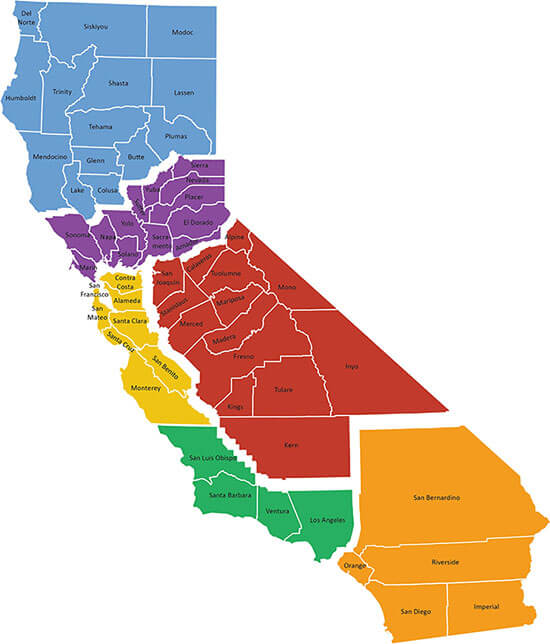…he will become more powerful than you imagine.
I’m not a Bill Maher fan, but at least, unlike much of the left, he’s willing to be an equal-opportunity religion basher.
…he will become more powerful than you imagine.
I’m not a Bill Maher fan, but at least, unlike much of the left, he’s willing to be an equal-opportunity religion basher.
Is it biased against Republicans?
Of course it is.
That’s OK, people only pay tens of thousands of dollars to attend Harvard.
…but are losing at home.
…is breaking down. This, I think, is the key point:
The conventions of the credit hour, the semester and the academic year were formalized in the early 1900s. Time forms the template for designing college programs, accrediting them and — crucially — funding them using federal student aid.
But in 2013, for the first time, the Department of Education took steps to loosen the rules.
The new idea: Allow institutions to get student-aid funding by creating programs that directly measure learning, not time. Students can move at their own pace. The school certifies — measures — what they know and are able to do.
The public-school paradigm is also based on a century-old model: industrial learning. Time to abandon it, but it’s hard, because it so benefits the status quo, even if it’s a disaster for the kids.
…are back.
Every generation must relearn the lessons. Unfortunately, it’s even harder to teach them when people who find them personally inconvenient to their agendas are in charge of the educational system.
Instapundit has some ideas for dealing with the war on college men:
You could add some street-theater when prospective freshmen tour the campus by putting up posters and passing out leaflets telling them that the campus is a “rights-free zone” for men or some such, too. And maybe demand that the admissions people warn admitted men that they won’t have due process, and then making a big stink when they won’t.
Yes, time to take back the campuses. Make all those administrators earn their money.
Last but far from least, we conclude our tour of the new Californias with the one furthest south, shown as orange on the map.

It’s classist and sexist.
Beyond that, it’s not even healthy. Growing kids need fat and protein. Low-fat milk is terrible for them.
Continuing our tour of the six new Californias proposed by Tim Draper, this new state would be the only one with no Pacific coastline. Nonetheless, it has tremendous potential that is currently being hamstrung by Sacramento (or rather, the coastal voters who dominate the legislature). It would have a population of a little over four million, equivalent to Kentucky, and about a million fewer than Colorado. But as I’ll explain, its red depiction on the map below is appropriate, because it could be viewed as another Colorado in the making, except one only a couple-hour drive from the ocean.
